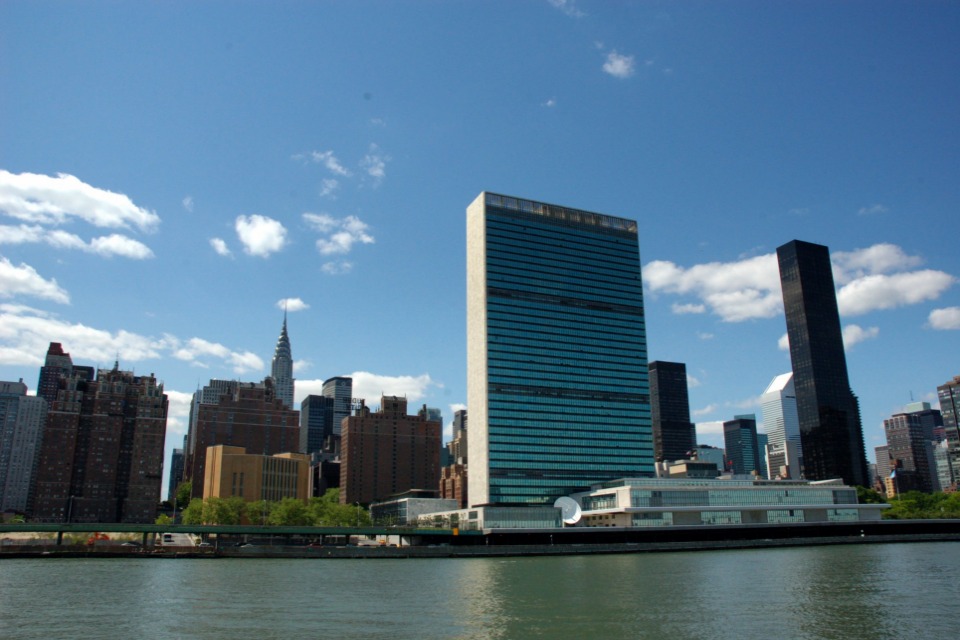The UK is committed to finding a peaceful, negotiated solution on the nuclear issue.
Statement by Ambassador Tatham to the UNSC Iran 1737 Sanctions Committee Briefing

Mr President,
I thank the 1737 Committee, under the Chairmanship of Ambassador Gary Quinlan, as well as the Panel of Experts for their continued work in supporting implementation of the Security Council’s Resolutions on Iran.
The E3+3 and Iran have reached a critical point in the negotiations on a comprehensive agreement on Iran’s nuclear programme. With less than a month to go before the interim deal is due to expire on 20 July it is crucial that Iran understands it must address the concerns of the international community for a deal to be possible and for sanctions imposed as a result of Iran’s nuclear programme to be lifted.
The E3+3 are strongly committed to agreement on a comprehensive solution before 20 July. Several rounds of talks on a comprehensive agreement have been held in Vienna, the latest just last week. We have now entered the drafting and negotiating phase. Whilst discussions have been frank and the atmosphere positive, gaps between the two sides remain.
In parallel to these negotiations on a comprehensive agreement, the United States and European Union have been delivering the sanctions relief set out in the Geneva interim agreement. We welcome the latest IAEA report of 23 May which notes that Iran has continued to implement the nuclear measures agreed under the Joint Plan of Action.
The E3+3 recognise the importance of working with the UN once a deal is agreed to ensure the appropriate UN Security Council framework is in place to support implementation of the agreement. But while negotiations continue the bulk of sanctions must remain in place, including all UN sanctions. States should be in no doubt that all of the UN Security Council Resolutions on Iran remain fully in force. We should continue to implement and enforce these sanctions robustly. The economic pressure that sanctions create is a peaceful incentive and supports the diplomatic effort to reach a comprehensive solution.
Mr President,
Turning to the work of the Committee, we are concerned by breaches and possible breaches by Iran of its international obligations.
The interdiction of a vessel carrying a cargo of conventional arms in the Red Sea is deeply worrying. The arms – including rockets, mortars and ammunition - were allegedly loaded onto the vessel in the Iranian port of Bandar Abbas. The Panel of Experts, after a thorough investigation, concluded that this shipment was a violation of Iran’s obligations under resolution 1747. This is yet another example of an illicit arms transfer in the region involving Iran. We look forward to the Committee discussing this serious matter further and to its firm action in response.
The 90-day report also highlights that Iran failed to respond to requests for information relating to a carbon fibre interdiction. This follows Iran’s failure to respond to requests for information on ballistic missile launches last year and on an intercepted arms shipment to Yemen. Iran’s ongoing failure to respond is regrettable. We call on Iran to engage in earnest with the Committee on such incidents.
Mr. President,
The United Kingdom is committed to finding a peaceful, negotiated solution on the nuclear issue. The ongoing discussions on a comprehensive agreement are the best opportunity in recent years for resolution of the nuclear issue. We will continue to make every effort to find a comprehensive settlement and we look to Iran to do the same.
Thank you.
Updates to this page
-
Added translation
-
First published.